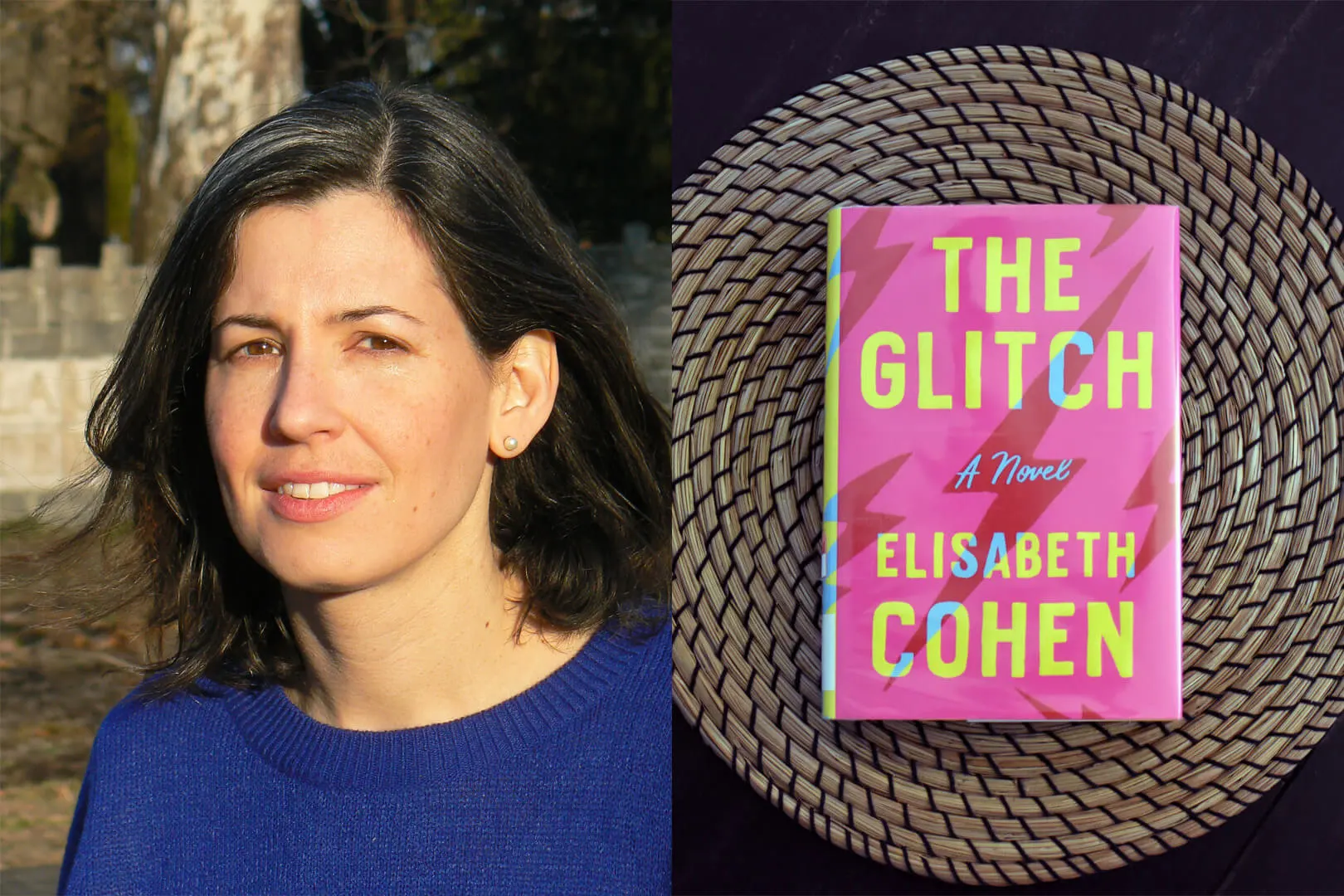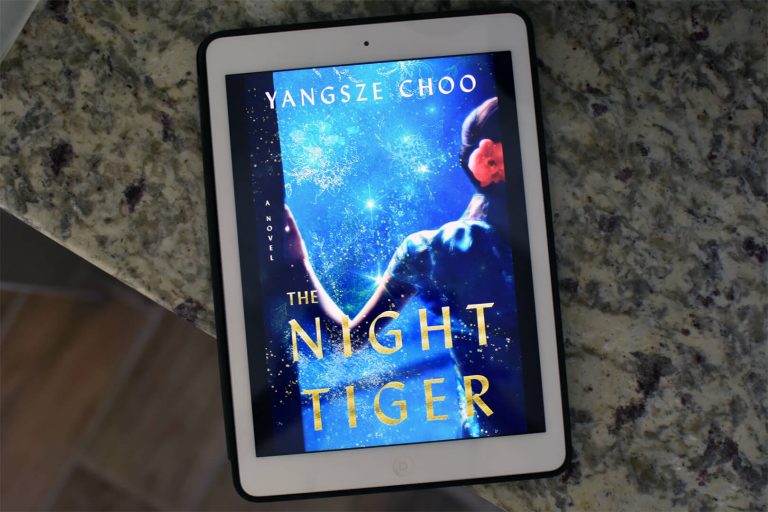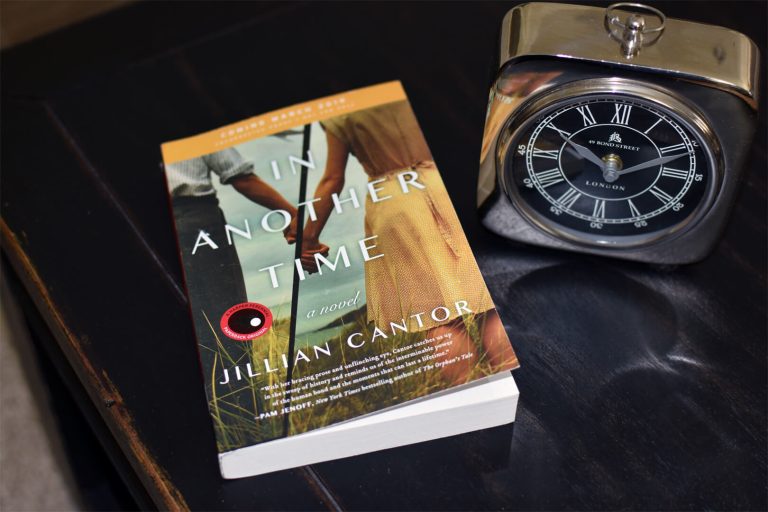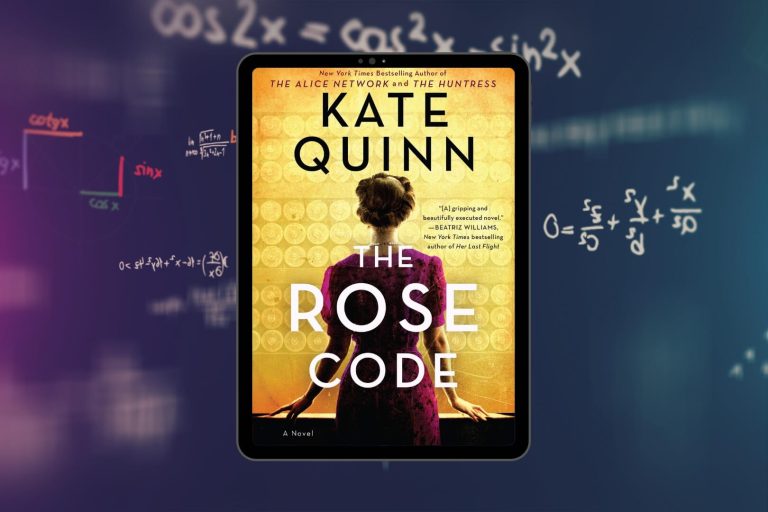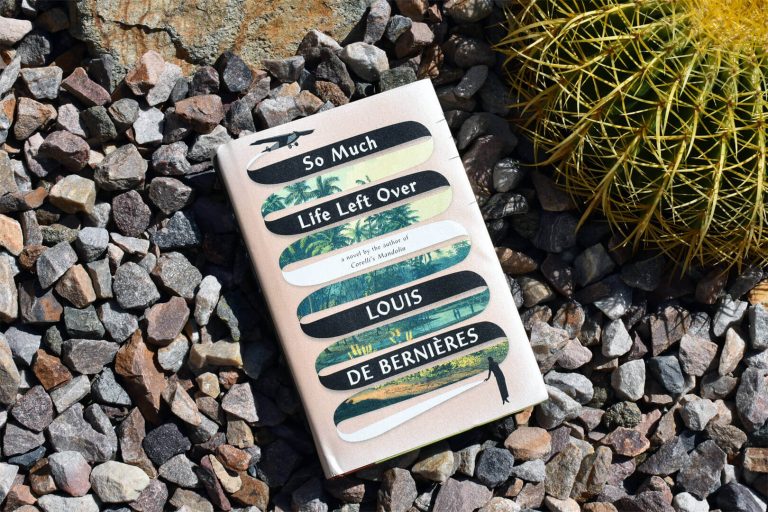This post contains links to products that I may receive compensation from at no additional cost to you. View my Affiliate Disclosure page here.
Elisabeth Cohen majored in comparative literature at Princeton University and her work has appeared in Conjunctions, The Mississippi Review, The Cincinnati Review, McSweeney’s Online and The Millions. She lives outside Philadelphia with her husband and two sons. Her debut novel, The Glitch, is an original story about a workaholic CEO (check out my preview, review and book club questions). Get to know Elisabeth with the below Q&A where she talks her favorite novels, story inspiration, the working mom balancing act and much more.
Q: What are some of your favorite novels?
A: There are so many books I love, it’s hard to choose. My favorite books as a kid were Cheaper by the Dozen, Island of the Blue Dolphin, Girl of the Limberlost, the Mary Poppins books, and All Creatures Great and Small. My favorites as an adult change with the wind. I liked Kate Atkinson’s Life After Life a lot, and Wolf Hall, by Hilary Mantel. I also like Muriel Spark’s The Girls of Slender Means, Penelope Fitzgerald’s Human Voices, and Old Filth by Jane Gardam.
Q: When did you know you wanted to become a writer?
A: Definitely by the time I was 12 or so. I got a typewriter and spent a summer teaching myself to type, so I’d be able to bang out stories. I saw myself living in New York, working as a newspaper reporter, and being a glamorous observer of events. I liked journalism, but I was always good at making things up. I worried that was not a great quality for a reporter.
Q: The Glitch is such an entertaining and unique story. Did you have a specific style in mind when you decided to write it?
A: At the time I started writing this, I was in the mood for books that were funny and surprising and a little punchy. I’d liked Where’d You Go, Bernadette, and I wanted to read more books that were entertaining, and unafraid to be funny or make unusual moves. I like when stories go off in subversive directions—surprise is one of my favorite pleasures of reading. When I was younger I really liked Donald Barthelme’s stories and writing like that that breaks the rules.
I wanted The Glitch to be funny but have a wide range and scope. The book encompasses a lot of elements, from satire to despair, but that seems appropriate to me: as a working mother, my days often feel less like one smooth narrative than a succession of quick tonal shifts: from screwball comedy to tedium to adrenaline (will I make it to pick up by 5:45?), even the occasional mystery (where is the water bottle? What is that rash?), intermixed with vulnerability, guilt, ambivalence, even tragedy. That’s part of what makes the experience so complicated.
Q: Was there a true-life inspiration for Shelley Stone?
A: The seeds of the book came out of a succession of conversations I kept having with friends in my late thirties. They were all more driven than I was, more successful, more ambitious—and I assumed they’d continue to be. And one by one, I had these melancholy conversations with them about how they’d each, for different reasons, felt like they needed to scale back. Their reasons differed, but when it comes down to it, there are problems in life, like a very sick child, that really aren’t outsourceable. Anne Marie Slaughter’s article in The Atlantic several years ago was a good depiction of inner motivation being no match for certain kinds of circumstances.
At the same time I was watching some high-profile tech CEOs talk about their lives, or present themselves as typical, anyone-can-do-what-I’m-doing working mothers, and feeling very frustrated by what they were saying and the ways it didn’t line up with what I was seeing. And I thought, what would you have to do to make it work in the society we live in? What kind of person would you have to be? What would you have to be oblivious to? And that’s Shelley.
Q: When Shelley is faced with her younger self, in what ways does it force her to reconsider her carefully planned life?
A: Shelley would be one of those workers in Japan who’s at risk of dying of overwork. She tries so hard, and she would collapse before she let down her company or her team. But I think some part of her knows it isn’t sustainable and she needs an off-ramp. She values work and productivity so highly, but she’s also starting to realize that even in her own family, nobody else shares that view, and it’s lonely. Thinking about alternative paths feels risky to her, but it leads her to realize she has choices.
Q: This is almost a caution tale of the need for a true work-life balance. Do you think it’s possible to achieve a work-life balance or is simply a policy that provides content for TED Talks?
A: Most people are trying to survive, so the whole idea of work-life balance is a luxury. That said, I think it’s discouraging that technological progress and better connectivity haven’t seemed to improve our happiness in regard to work, or even made us more productive or efficient. You can work from anywhere, if you have a certain kind of job, but you’re never away from work, either. I read Cheever stories about businessmen in the old days taking the train home, having a cocktail, and doing whatever they did in the evenings. There was no ability to log back on. I’m not saying I’d want to return to those days in all ways, but in that one respect it seems better.
Q: What do you hope are some of the key takeaways of the novel when it comes to women in leadership?
A: Most working moms I know could not be working harder. They are up early, they are efficient, and they push themselves constantly to be productivity machines. It seems like it shouldn’t be so difficult to have young children and a regular kind of non-CEO job. I’ve been surprised by how hard it is.
Our society has set up nearly-impossible expectations for working women. You have to be an involved hands-on mom and also an engaged, productive employee. If your kids are sick you need to tend to their needs because sending sick kids to child care isn’t fair, but you also shouldn’t miss work. It’s hard to fulfill the expectations—that women be warm but aggressive, serious but not too intense, attractive and put-together yet not vain or self-centered. And these expectations – the fulfilling, the policing—mean that only a certain unique woman is going to be able to be successful. There are men of all body types in positions of power. Of all attractiveness levels. With all timbres of voices. And somehow that is not a problem.
A friend and I were joking the other day that we have to adopt “the dad standard.” You know: you’re a great dad if you take your kid to the dentist one time. Someone had just congratulated my friend’s husband for playing with their child for 10 minutes in an airport. If we wouldn’t expect some lawyer dad to make the cupcakes for the school Halloween party (he’s a busy lawyer dad!), then let’s not expect that we have time to make them either.
Q: What books are you currently reading and what’s on your to be read (TBR) list?
A: I’m listening to Life Sentences by Laura Lippman on audiobook and really enjoying it I keep looking for reasons to get back in the car. I have Trenton Makes by Tadzio Koelb and Basic Black with Pearls by Helen Weinzweig on my bedside table, and both are intriguing and different.
I’m not organized enough to have a real TBR list, but I try to read, or reread, one classic per summer—maybe Jane Eyre, which I last read in my bunk at summer camp. And I’m looking forward to getting to Pachinko by Min Jin Lee and Heather Abel’s The Optimistic Decade.
Click here to buy The Glitch on Amazon.
Also, if you haven’t found me on Instagram yet, let’s connect @bookclubchat!
